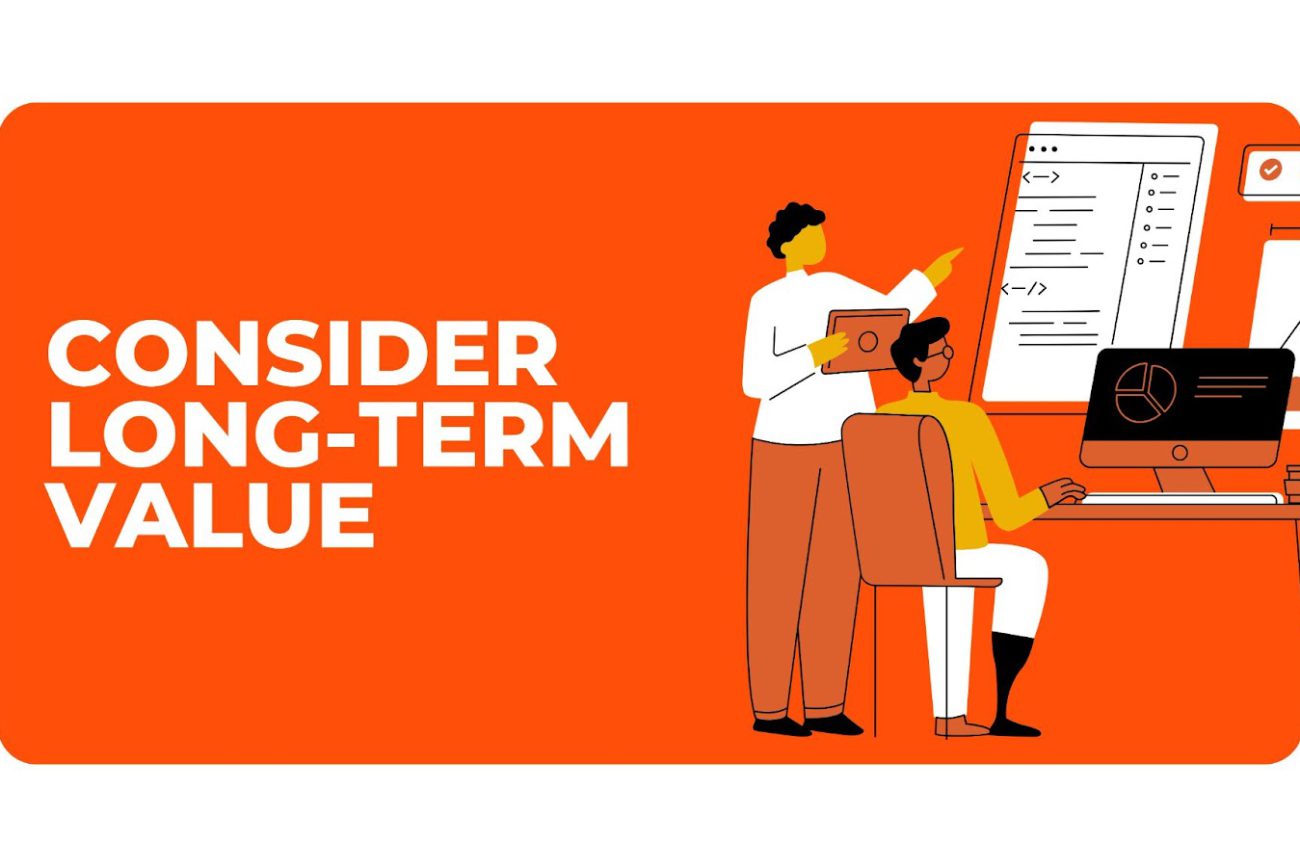Are you struggling to find the right Microsoft Dynamics partner for your business? You’re not alone. Recent studies show that over 55% of ERP projects fall short of expectations – often because companies rush into choosing their implementation partner.
Why Your Choice of Microsoft Dynamics Partner Matters
Selecting the right Microsoft Dynamics partner isn’t just about finding someone who knows the software. It’s about finding a team that understands your business goals and can turn Dynamics 365 into a powerful tool for your success.
Start With Your Business Requirements
Before diving into partner selection, get crystal clear about what you need:
- Are you planning a new Dynamics 365 implementation?
- Do you need ongoing support for an existing system?
- Are you specifically looking for a Business Central partner?
- What industry-specific features do you require?
Key Qualities to Look for in Your Microsoft ERP Partner

1. Proven Implementation Track Record
Look beyond flashy websites and sales pitches. Ask potential partners about:
- Their successful Dynamics 365 implementation projects
- Case studies in your industry
- Their team’s Microsoft certifications
- Their implementation methodology
2. Comprehensive Support Services
Your Dynamics 365 support needs don’t end after go-live. Ensure your partner offers:
- Quick response times for critical issues
- Regular system health checks
- Proactive maintenance
- Clear support escalation processes
3. Industry Expertise
A partner who knows your industry can:
- Anticipate common challenges
- Suggest industry-specific customisations
- Share best practices from similar projects
- Understand your compliance requirements
How to Evaluate Potential Partners
Check Their References
Don’t skip this crucial step. When speaking with references, ask:
- How well did the partner handle unexpected challenges?
- Did they stay within budget?
- How effective is their support team?
- Would they choose this partner again?
Assess Their Communication Style
Pay attention to how they interact during the sales process:
- Do they explain technical concepts clearly?
- How quickly do they respond to queries?
- Are they asking the right questions about your business?
- Do they provide clear project timelines and milestones?
Consider Long-term Value
Think beyond the initial implementation:
- What’s their approach to system upgrades?
- How do they handle customisation requests?
- What training do they provide?
- Can they scale their services as you grow?

Making the Final Decision
Compare Service Packages
Look at the complete picture:
- Implementation methodology
- Support service levels
- Training programs
- Upgrade assistance
- Custom development capabilities
Evaluate Cost Structure
While price matters, focus on value:
- What’s included in the base price?
- Are there hidden costs?
- How do they handle change requests?
- What’s their billing structure for ongoing support?
Tips for Success
- Document Everything: Get all promises and commitments in writing
- Check Certifications: Verify their Microsoft partnership status
- Meet the Team: Know who’ll actually work on your project
- Consider Culture Fit: Ensure their working style matches yours

Conclusion
Start by creating a detailed requirements document. Then, reach out to at least three potential partners. Pay attention to how they handle your initial inquiry – it often indicates how they’ll treat you as a client.
Remember, choosing a Microsoft Dynamics partner is a long-term decision. Take your time, do your homework, and choose a partner who’ll be there for the long haul.
Get in touch with our experts to learn more.


